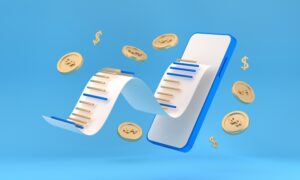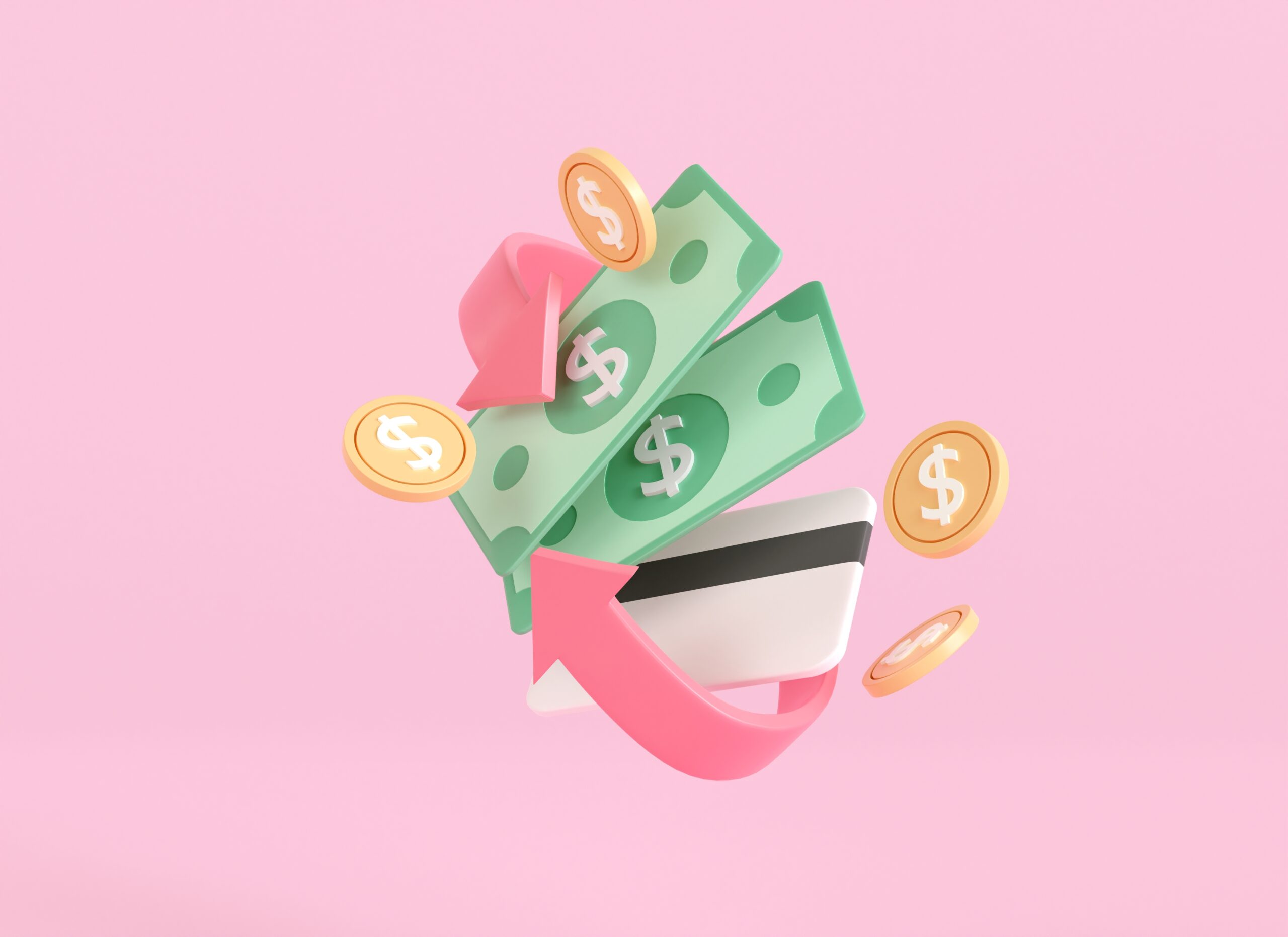What is it?
When a lender is considering giving you a loan, they will request your credit history in the form of a credit report from one or all of the three major credit bureaus. Specifically, the credit report is a compilation of data that reflects how you have borrowed and repaid your debts, how timely you are paying your bills, and how much debt you currently have, among other things. By the time we reach adulthood, nearly every American will have a credit history with the three major credit bureaus.
Upon request, credit bureaus give their computer servers the instructions to pull together your report from the millions of bits of data in their database, based on the identifying information they have about you. The result is your credit report for that moment in time.
What does your credit report mean?
The report tells the history and status of many of your credit accounts, known as “trade lines.” It lists specific details about these credit accounts, including the date the account was opened, the type of account it is (whether revolving or installment, for example), if the account is open or closed, the amount of the required monthly payment, the maximum credit limit, the most ever owed at one time in the past on the account, the latest activity on the account, its current balance, and any amounts that are currently past due. The report also includes the addresses and telephone numbers of the creditors, if you’re lucky!
Each account listed also is assigned a code that reflects your payment history on the account. Are your payments current or are they 30, 60, or 90 days past due? Has the account gone so far delinquent that it has been charged off? Is there a repossession or other collection activity? The report will list accounts that have been turned over to a collection agency. In addition, a credit report will include certain public record information, such as court judgments, tax liens, and bankruptcies.
Credit reports can be somewhat challenging to read and understand. That’s in part because they were originally designed as a tool for lenders, with consumers as merely an afterthought.
What to look at on your Report
Look at the scores first. What is the middle score and what do you need that middle score to be in order to get approved for a loan? (This is assuming you are currently trying to get a loan. If you are just trying to get your score as high as possible, this is not something you need to analyze too much.)
Look at the reason codes to see what the biggest problems are. (Why did this person score less than the maximum possible score of 850? That’s what the reason codes are meant to tell you). The biggest reason you scored less than 850 is listed on top under each score, with the second highest reason below that, the third below that, and so on.
Payment history makes up 35% of the score, so the more delinquencies that are removed, the better the score will be. Keep in mind, too, that the older the delinquency, the less it affects your score. I’ve seen people with a 4-year-old bankruptcy who had a 720 credit score. They had tons of good credit to drown out the bankruptcy, but the main reason for the 720 scores was that the BK was old and the positive credit was abundant.
Sometimes, disputing an inaccurate older account can lead to the creditor updating it with more recent inaccurate information that hurts the score even more. This is something you need to be prepared for because it occurs too much of the time.
Cost of Credit
While it used to be that a poor credit score would get you turned down for credit, the confidence gained by the increasing reliance on credit scores has led lenders into something called “risk-based pricing.” With this pricing model, if your score is low, you can still get credit, just at a much higher interest rate. Lenders feel that the higher price is justified because of your higher risk of defaulting.
Even if you’ve been turned down for a loan because of a poor credit score, you may not be aware of just how far into your life this number reaches.
In recent years, credit scores have been increasingly used by important individuals and groups other than lenders to make decisions about doing business with you. Homeowner’s insurance companies, car insurance companies, utility companies, landlords, and even employers are among those that consider your credit history and/or credit score when deciding to extend their products and services to you.
And, believe it or not, this is all perfectly legal. Insurance carriers have found that a lower credit score indicates a higher rate to insure someone, and they are legally allowed to pull your credit report to reset your premiums based on your credit. Potential employers can use your credit report as part of the screening process to make their hiring decision.
Cell phone service providers use your credit score to decide whether or not to render you services or require you to place a security deposit to open an account with them. At the very worst, a poor credit profile and/or credit score can cost you your job or make it difficult to find a place to live.
Thus, your credit performance and resulting credit score can have a huge impact on many areas of your life. While a good credit score combined with other financial assets such as a strong income can help you reach your dreams—buy a house, buy a car, obtain insurance for both, get a business or student loan, or even just acquire a job or secure a place to live—a poor credit score, conversely, will deny you, or force you to pay thousands more for, those same things.
With all this being the case, you can see how imperative it is that your credit score be the best it can be.
[offerpromo]












